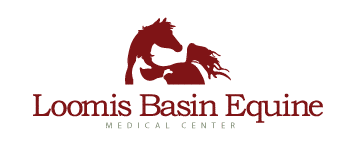
by LBEMC Admin
Share:
ARTICLE: Adult Vaccine Protocols
WEST NILE VACCINATION
Based on advice from infectious disease experts in California, our clinic recommends converting to a once a year protocol for vaccination against West Nile Virus beginning in 2010. This recommendation is based on the level of vaccine and natural immunity in California horses and the limited season for infection in Northern California. Since the appearance of the disease in Northern California in 2004, all cases have been confined to the months of July-October.
While the vaccines currently licensed for West Nile protection in horses claim one year of efficacy, it appears that a small number of horses may be protected for less than 12 months. However, if the vaccine is administered in late March or early April, optimal protection should be on board during the peak West Nile season. If the length of the season in Northern California were to expand in the future, we might again recommend twice yearly vaccination. There are areas in the United States, including Southern California, where West Nile cases have occurred outside our rather abbreviated window.
Our clinic will continue to use the Fort Dodge brand West Nile vaccine because of its low reactivity, ease of use, and the convenience of its combination with Tetanus and Seeping Sickness.
VACCINATION TIMING
The core vaccines for all horses in our practice area remain Tetanus, Sleeping Sickness, West Nile and Rabies. These conform with the core vaccines designated by UC Davis School of Veterinary Medicine and by AAEP (American Association of Equine Practitioners). If a horse is in contact with other horses, the Influenza/Rhinopneumonities vaccine should be included. This vaccination is required every 6 months while the others are given annually. With the removal of a second West Nile vaccine from the late summer schedule, we are suggesting moving the Rabies vaccine to that time frame to better balance the vaccine load on the immune systems. A typical program would look like this:
-
Late March: Tetanus/Sleeping Sickness/West Nile Combo and Flu/Rhino Combo
-
Late September: Flu/Rhino Combo and Rabies

